Ready to launch your own podcast? Book a strategy call.
Frontlines.io | Where B2B Founders Talk GTM.
Strategic Communications Advisory For Visionary Founders
Conversation
Highlights
How Zenity Built Enterprise Trust Through Knowledge-First GTM
A cybersecurity startup’s first Fortune 100 customer usually comes after years of building credibility. But what if you could accelerate that timeline by fundamentally rethinking how you build trust with enterprise buyers?
In a recent episode of Category Visionaries, Ben Kliger shared how Zenity took an unconventional approach to winning enterprise trust – one that rejected the traditional FUD (fear, uncertainty, doubt) playbook of cybersecurity sales in favor of something more powerful: knowledge sharing.
The Counterintuitive Path to Enterprise Trust
Most cybersecurity startups face a familiar challenge: enterprises want proven solutions, but you need enterprise customers to prove your solution works. Ben’s approach to breaking this cycle focused on repositioning security from a blocker to an enabler.
“What’s very unique about our story is that it’s a story of enablement,” Ben explains. “Organizations need Zenity for a win situation in order for them to feel comfortable to make sure that they empower their end users with low code, no code and AI development capabilities.”
This positioning wasn’t just marketing – it was grounded in a deep understanding of where enterprise development was heading. As Ben notes, “Gartner estimated that by 2025, 75% of development in enterprises will be carried by citizen developers, not by professional developers.”
Knowledge Sharing as a GTM Strategy
Rather than relying solely on traditional enterprise sales tactics, Zenity built credibility through deep knowledge sharing with the security community. “We believe that we need to show value to our prospects clients, whether it’s with their thought leadership activities, content, publications that we’re doing participation in respectful security organizations, top leadership organizations such as OWA, such as Mitre,” Ben explains.
This approach serves multiple purposes. First, it generates quality inbound leads from organizations already grappling with citizen development security challenges. Second, it positions Zenity as a thought leader in an emerging space. But perhaps most importantly, it creates a foundation of trust before the sales conversation even begins.
The Enterprise Feedback Loop
Many startups treat enterprise feedback as a checkbox exercise. Zenity turned it into a core part of their GTM strategy. “When you talk to these leaders and it’s not like just, ‘hey, I want to sell you this and that,’ when you actually listen to what they have to say, to their feedback, especially when you’re early in your journey, that helps you get better,” Ben shares.
This iterative approach to product development, guided by enterprise feedback, creates a virtuous cycle: better product-market fit leads to stronger customer relationships, which in turn leads to more valuable feedback.
Creating Categories Through Forward Thinking
In cybersecurity, where new vendors emerge daily claiming to solve the same problems, category creation requires more than just innovative technology. Ben emphasizes the importance of solving tomorrow’s problems rather than today’s: “I think it’s important in the cybersecurity industry to also think about what’s coming next… actually seeing where your potential clients are going to be in a year time from now, in two years, trying to find something really interesting to solve instead of going after similar problems that were already addressed in the past.”
This forward-looking approach helped Zenity establish their category. “We started as the first company to target this world of cities and development. Then it was with local. Today it’s also with generative AI,” Ben notes.
The Role of Analysts in Category Creation
For enterprise-focused startups, analyst relations often feel like a necessary evil. But Zenity approached analyst relationships as an extension of their knowledge-sharing strategy. “Analysts are of course, very meaningful… It’s important to work closely with those respectful organizations such as Gartner and Forrester and IDC. They have such an amazing perspective on the industry. They get to talk to so many different types of organization, buyers, leaders.”
Building for Long-Term Impact
While many cybersecurity startups focus on quick wins and rapid scaling, Zenity’s approach reflects a longer-term vision. Ben frames it simply: “We believe in making sure that we deliver value, and again, being customer obsessed, that helps a lot.”
For founders building enterprise security companies, the key insight is clear: in a market saturated with vendors competing on features and fear, the path to enterprise trust might just lie in becoming the most knowledgeable, helpful voice in the room. As Ben’s experience shows, when you consistently deliver value before asking for the sale, enterprises are more likely to give you that crucial first shot at their business.
Actionable
Takeaways
Embrace Challenging Conversations for Growth:
Ben's experience in Unit 8200 highlights the importance of fostering environments where challenging ideas and norms are encouraged. For founders, creating a company culture that values open, conflicting discussions can lead to innovative solutions and stronger team cohesion.
Leverage Diverse Experiences for Unique Insights:
Drawing on a diverse background, including roles at Deloitte, Fortscale, and Microsoft, can equip founders with a broad perspective on customer needs and industry challenges. This diverse experience is crucial for identifying unique market opportunities and developing innovative products.
Identify and Target Specific Customer Pain Points:
Zenity's success in addressing the security governance challenges of no-code and AI development for large enterprises underscores the importance of understanding and targeting specific customer pain points. Founders should focus on developing solutions that address unmet needs within their target market segments.
Recommended Founder
Interviews


Marcin Wyszynski
Co-Founder of Spacelift
Marcin Wyszynski, Co-Founder of Spacelift: Over $22 Million Raised to Build the Future of IaC Management


Tom Hacohen
CEO and Founder of Svix
Tom Hacohen, CEO and Founder of Svix: $10.5 Million Raised to Power the Future of Webhooks

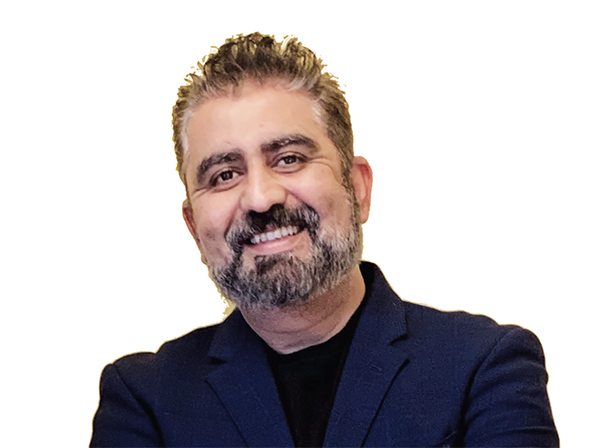
Chetan Venkatesh
CEO of Macrometa
Chetan Venkatesh, CEO of Macrometa: $38 Million raised to Build the Hyper Distributed Cloud for the Next Generation of Applications


Martin Mao
CEO of Chronosphere
Martin Mao, CEO of Chronosphere: $250 Million Raised to Build the Future of Observability
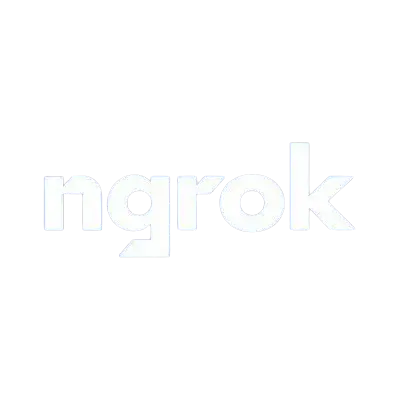
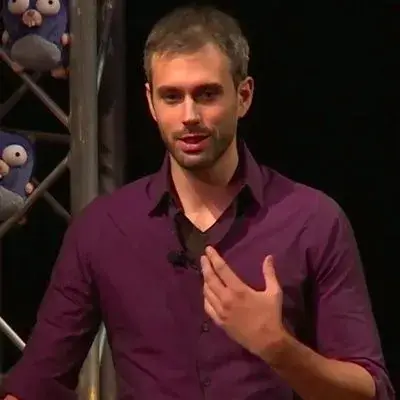
Alan Shreve
CEO and Founder of Ngrok
Alan Shreve, CEO and Founder of Ngrok: $50 Million Raised to Help Devs Deploy SItes, Services, and Apps


Gil Feig
CTO of Merge
Gil Feig, CTO of Merge: $75 Million Raised to Help B2B Companies Build Customer-Facing Integrations via It’s Unified API Platform
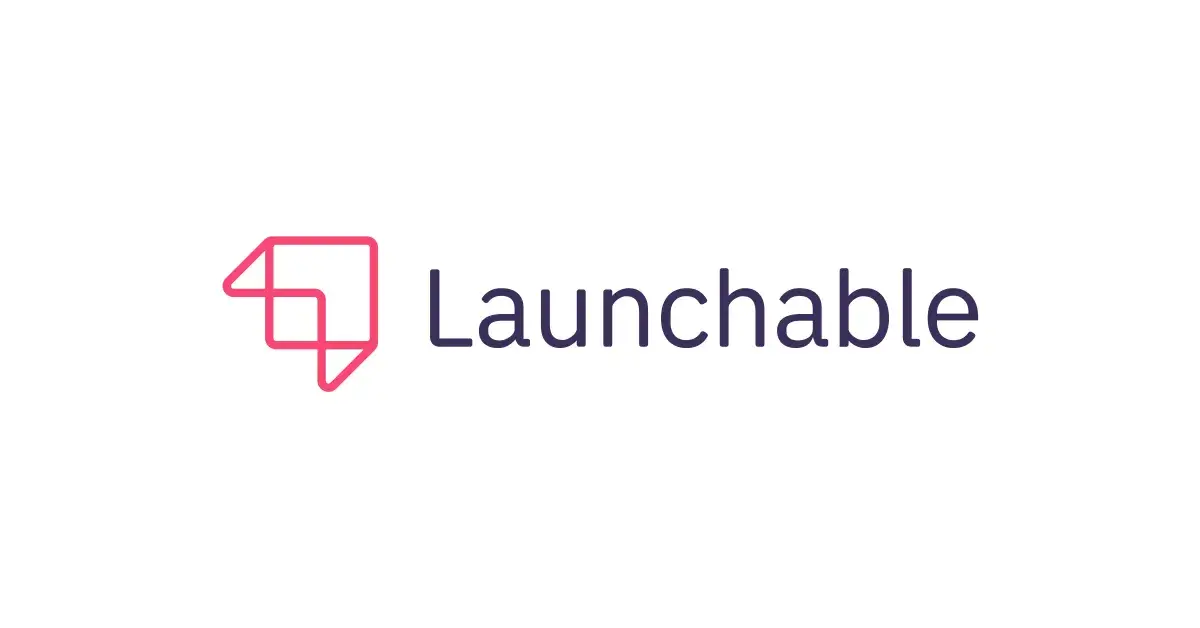
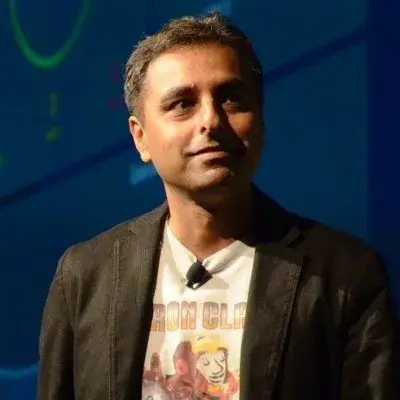
Harpreet Singh
Co-Founder and CEO of Launchable
Harpreet Singh, Co-Founder and CEO of Launchable: Over $12 Million Raised to Build the Future of Software Testing

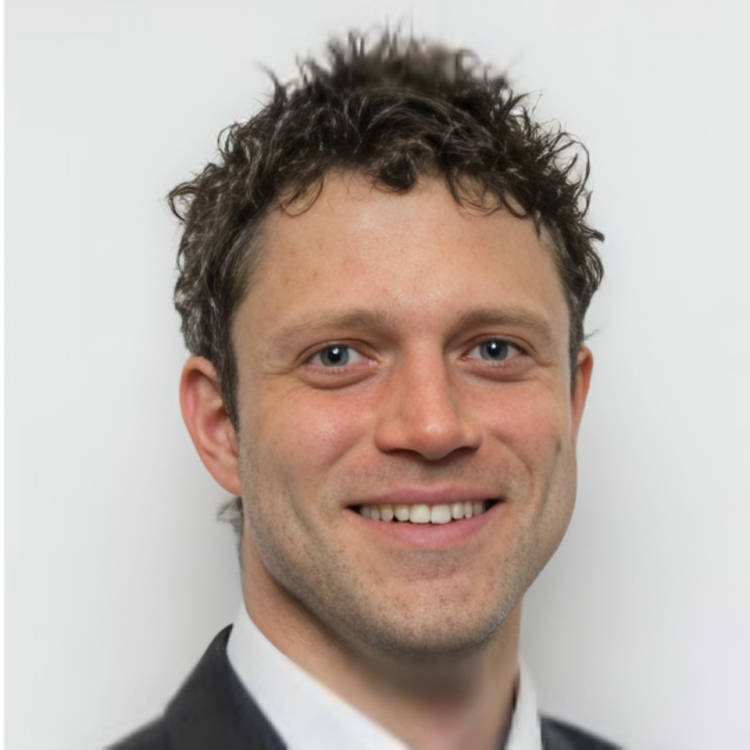
Egil Østhus
CEO and Co-founder of Unleash
Egil Østhus, CEO of Unleash: $16.5 Million Raised to Build the Future of Feature Management


Yingjun Wu
CEO and Co-Founder of RisingWave
Yingjun Wu, CEO and Co-Founder of RisingWave Labs: $40 Million Raised to Make Stream Processing Simple, Affordable, and Accessible


Robert Whiteley
CEO of Coder
Robert Whiteley, CEO of Coder: $85 Million Raised to Power the Future of Developer Productivity


Suresh Mathew
Founder and CEO of Sedai
Suresh Mathew, Founder and CEO of Sedai: $18 Million Raised to Automate Cloud Management for Critical Decisions


Dylan Etkin
CEO and Co-Founder of Sleuth
Dylan Etkin, CEO and Co-Founder of Sleuth: $25 Million Raised to Make Engineering Teams More Efficient

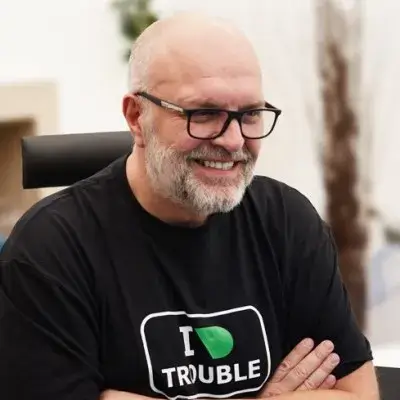
Costa Tsaousis
CEO and Founder of Netdata
Costa Tsaousis, CEO and Founder of Netdata: Over $30 Million Raised to Power the Future of Infrastructure Monitoring


James Evans
Co-Founder and CEO of CommandBar
James Evans, Co-Founder and CEO of CommandBar: $24 Million Raised to Build the Leading AI-Powered User Assistance Platform

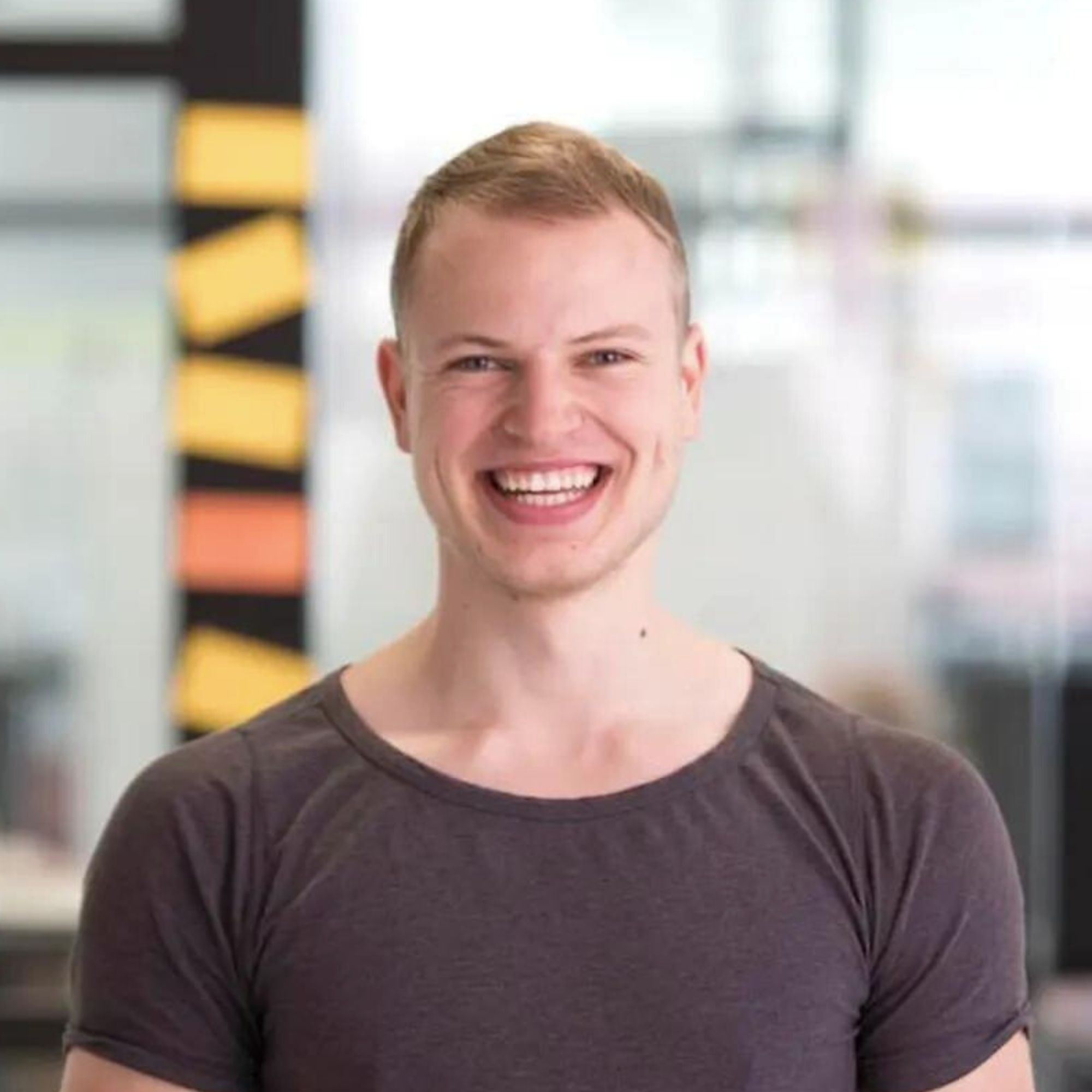
Pascal Weinberger
CEO of Bardeen
Pascal Weinberger, CEO of Bardeen: $18 Million Raised to Build the Future of No-Code Automation


Lasse Andresen
CEO and Founder of IndyKite
Lasse Andresen, CEO and Founder of IndyKite: $10 Million Raised to Empower Teams to Move Beyond Legacy Identity and Access Management


Paolo Fragomeni
CEO of Socket Supply
Paolo Fragomeni, CEO of Socket Supply: $3.5 Million Raised to Build the Future of P2P Computing


Evan Kaplan
CEO of InfluxData
Evan Kaplan, CEO of InfluxData: Over $170 Million Raised to Build the Leading Time Series Provider


Eden Full Goh
Founder & CEO of Mobot
Eden Full Goh, Founder & CEO of Mobot: Over $17 Million Raised to Power the Future of Mobile App Testing
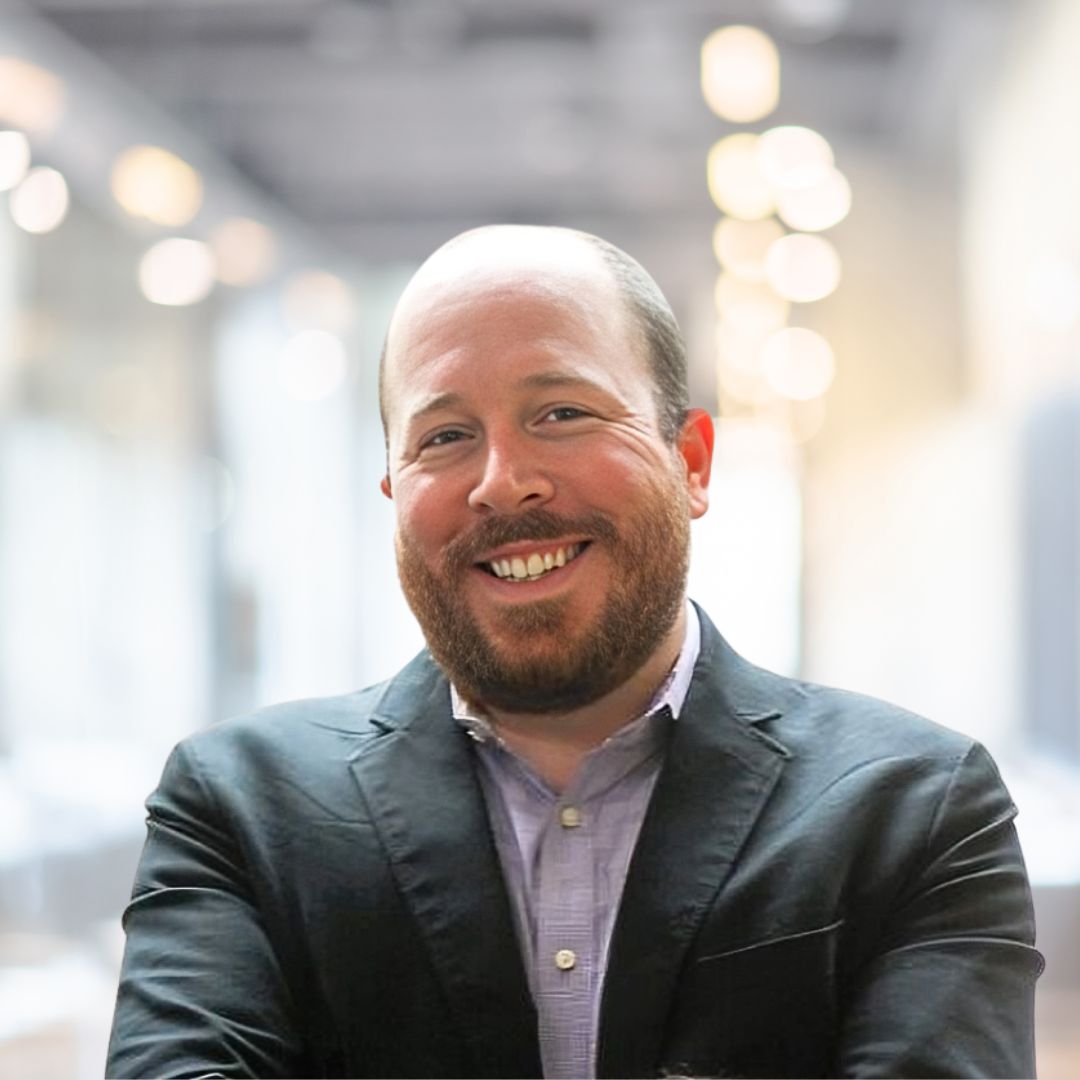
Liam Randall
CEO and Founder of Cosmonic
Liam Randall, CEO and Founder of Cosmonic: $8.5 Million Raised to Power the Future of WebAssembly


Casey Rosenthal
CEO of Verica
Casey Rosenthal, CEO of Verica: $17 Million Raised to Build the Future of Chaos Engineering

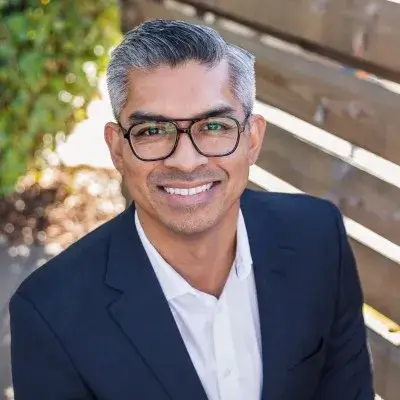
Prakash Chandran
Co-Founder and CEO of Xano
Prakash Chandran, Co-Founder and CEO of Xano: $5.4 Million Raised to Build the Next Generation of No-Code Backend Development


Tom Tovar
CEO and Co-Founder of AppDome
Tom Tovar, CEO of AppDome: Over $26 Million Raised to Build the Future of Mobile App Security


Ravi Parikh
CEO and Co-Founder of Airplane
Ravi Parikh, CEO and Co-Founder of Airplane: Over $40 Million Raised to Build Better Developer Infrastructure For Internal Tooling


Will Wilson
Co-Founder of Antithesis
Will Wilson, Co-Founder of Antithesis: $47 Million Raised to Build the Future of Autonomous Testing


Paul Stovell
CEO and Founder of Octopus Deploy
Paul Stovell, CEO and Founder of Octopus Deploy: Over $170 Million Raised to Build the Future of Deployment Automation
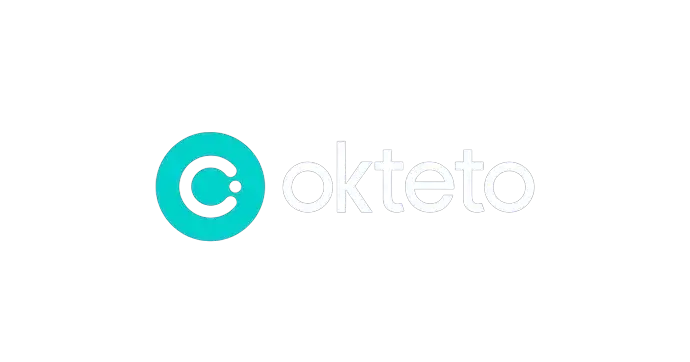

Ramiro Berrelleza
Founder and CEO of Okteto
Ramiro Berrelleza, CEO of Okteto: $18 Million Raised to Build the Future of Cloud Development


James Hawkins
CEO of PostHog
James Hawkins, CEO of PostHog: $21 Million Raised to Build the Future of Product Analytics


DeVaris Brown
CEO and Co-Founder of Meroxa
DeVaris Brown, CEO and Co-Founder of Meroxa: Over $19 Million Raised to Empower Engineering Teams with Better Stream Processing
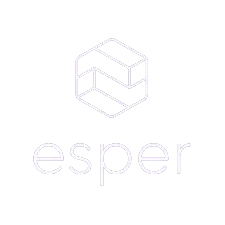
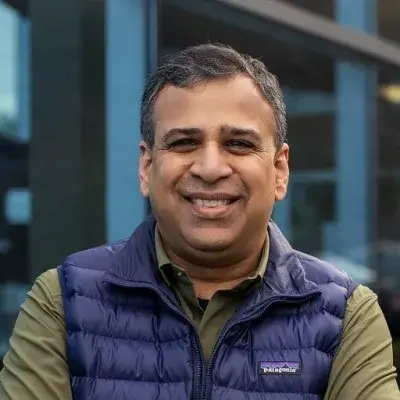
Yadhu Gopalan
CEO and Founder of Esper
Yadhu Gopalan, CEO and Founder of Esper: $100 Million Raised to Build the Future of Android Device Management

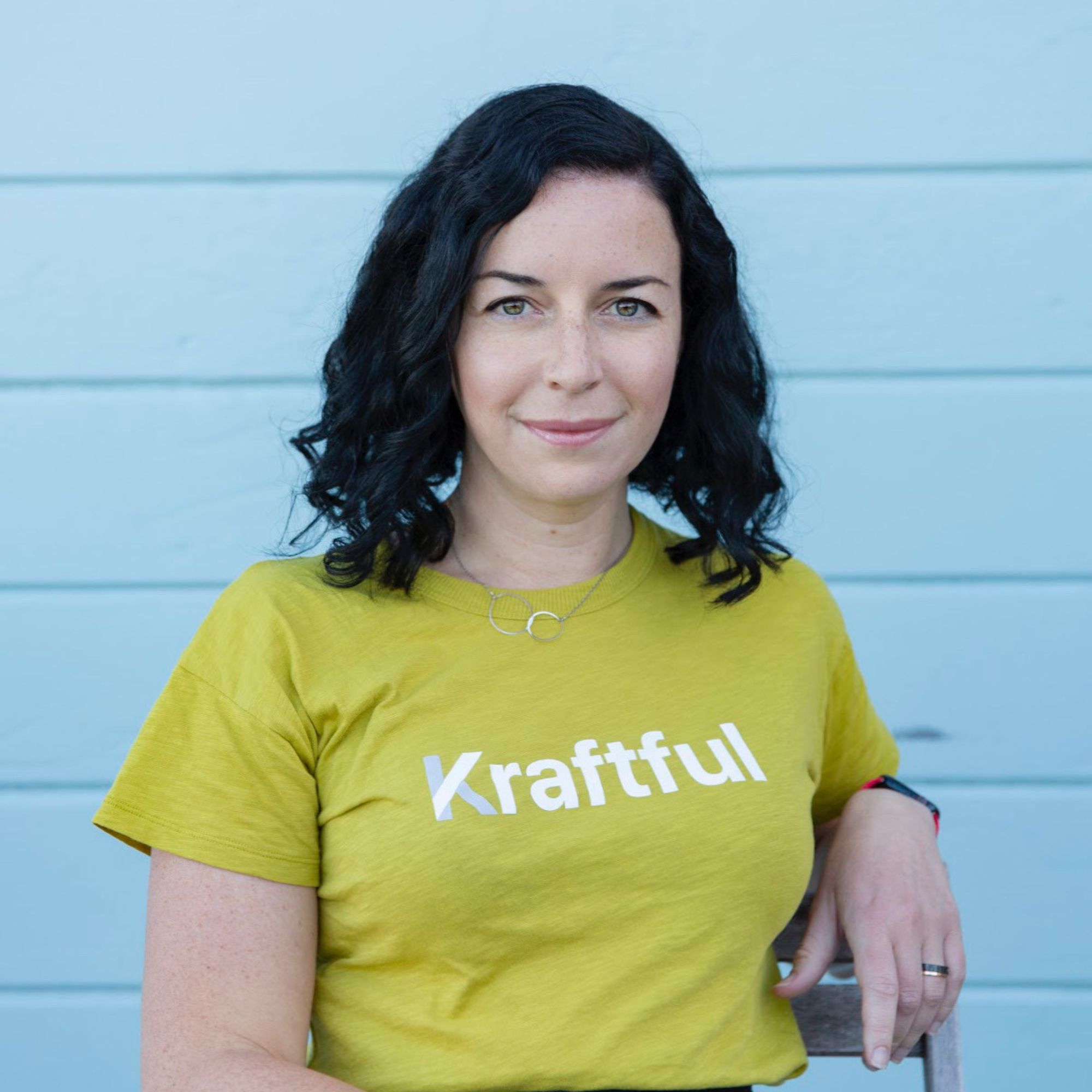
Yana Welinder
CEO and Founder of Kraftful
Yana Welinder, CEO and Founder of Kraftful: Over $3 Million Raised to Help Product Builders Create Better Products and Communities


Matt Butcher
CEO of Fermyon
Matt Butcher, CEO of Fermyon: $26 Million Raised to Power the Future of WebAssembly

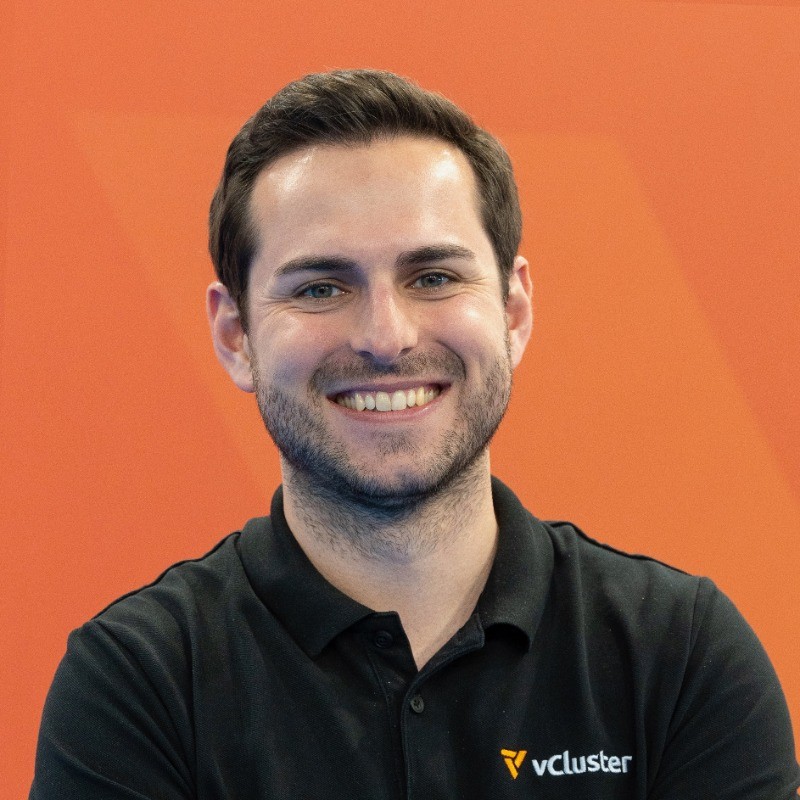
Lukas Gentele
Co-Founder & CEO of Loft Labs
Lukas Gentele, CEO of LoftLabs: $5 Million Raised to Build the Virtual Kubernetes Category


Benjamin Wilms
CEO and Co-Founder of Steadybit
Benjamin Wilms, CEO and Co-Founder of Steadybit: $7.8 Million Raised to Build the Future of Chaos Engineering


Andrew Wolfe
Co-Founder and Co-CEO of Bloomfilter
Andrew Wolfe, Co-Founder and Co-CEO of Bloomfilter: $7 Million Raised to Power the Future of Process Mining


Mike Long
CEO and Founder of Kosli
Mike Long, CEO and Founder of Kosli: $3.5 Million Raised to Deliver Secure Software Changes at Scale and Deploy to Production with Speed


Paul Kim
CEO of Notifi
Paul Kim, CEO of Notifi: $12 Million raised to Build the Future of Web3 Communication Infrastructure

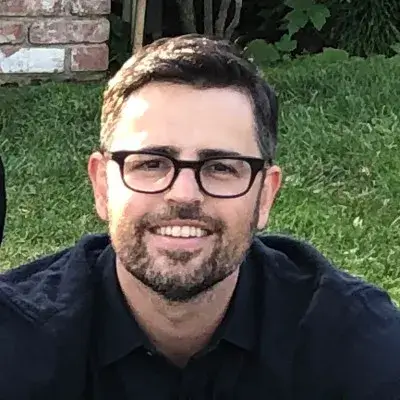
Zach Lloyd
CEO and Founder of Warp
Zach Lloyd, CEO and Founder of Warp: $70 Million Raised to Build a Better Terminal


Tommy Dang
Co-Founder & CEO of Mage
Tommy Dang, CEO of Mage: $6.3 Million Raised to Build a Modern Replacement For Airflow


Tomas Reimers
Co-Founder of Graphite
Tomas Reimers, Co-Founder of Graphite: $22.5 Million Raised to Build the Future of Code Reviews

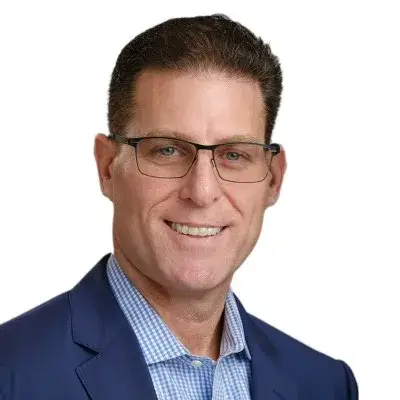
Joshua Aaron
CEO of Aiden
Joshua Aaron, CEO Aiden, $3 Million Raised to Build the Future of Software Packaging and Deployment


Gary Hoberman
CEO & Founder of Unqork
Gary Hoberman, CEO & Founder of Unqork: Over $400 Million Raised to Pioneer the Codeless as a Service (CaaS) Category

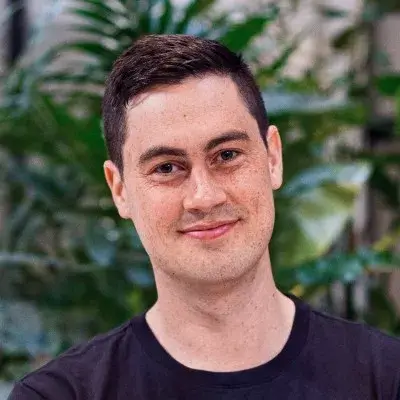
David Siegel
David Siegel of Glide
David Siegel, CEO of Glide: Over $20 Million Raised to Power the Future of No-Code Application Development


Johnny Dallas
CEO and Co-Founder of Zeet.co
Johnny Dallas, CEO & Co-Founder of Zeet.co: $6M Raised to Power the Future of CI/CD & Deployment


Omri Gazitt
CEO & Co-Founder of Aserto
Omri Gazitt, CEO & Co-Founder at Aserto: $5 Million Raised to Build the Future of Authorization


Kevin McNamara
CEO & Founder of Parallel Domain
Kevin McNamara, CEO & Founder of Parallel Domain: $44 Million Raised to Power the Future of Autonomy


Anish Dhar
Co-Founders of Cortex
Anish Dhar and Ganesh Datta, Co-Founders of Cortex: Over $52 Million Raised to Improve Developer Productivity

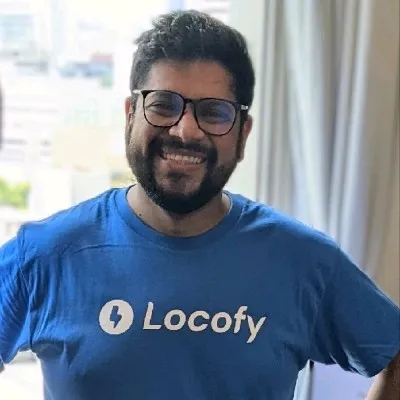
Honey Mittal
Co-Founder, CPO & CEO of Locofy.ai
Honey Mittal, CEO of Locofy.ai: $3 Million Raised to Build the Future of Frontend Development

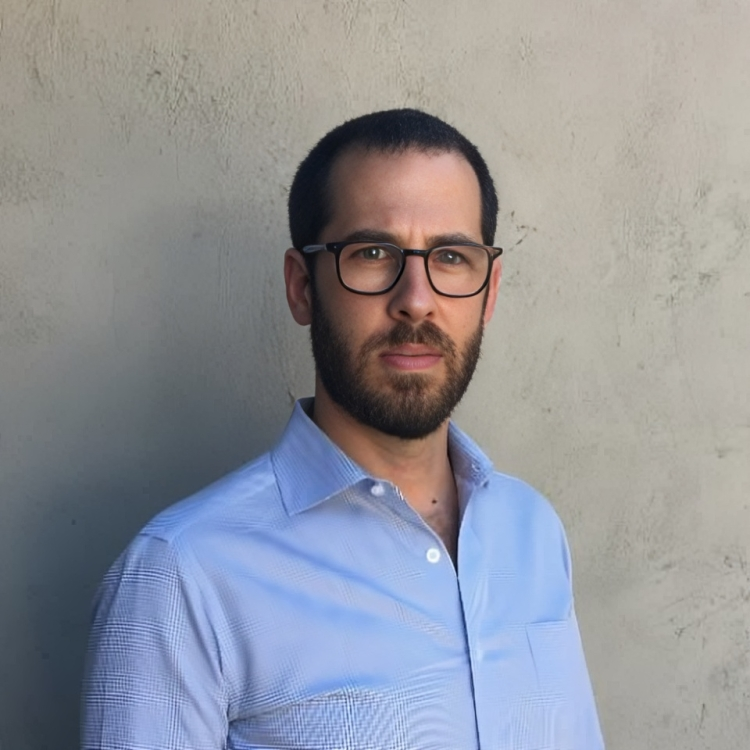
Michael Corr
Founder and CEO of Duro Labs
Michael Corr, CEO of Duro Labs: $4 Million Raised to Power the Future of Hardware Engineering

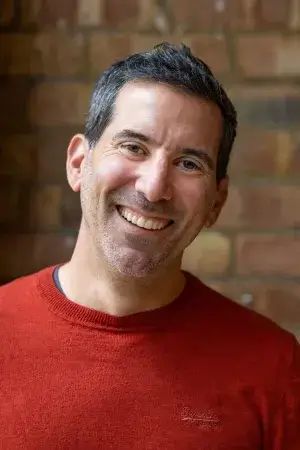
Matthew O’Riordan
CEO of Ably Realtime
Matthew O’Riordan, CEO of Ably Realtime: Over $82 Million Raised to Build the Future of Realtime Experience Infrastructure

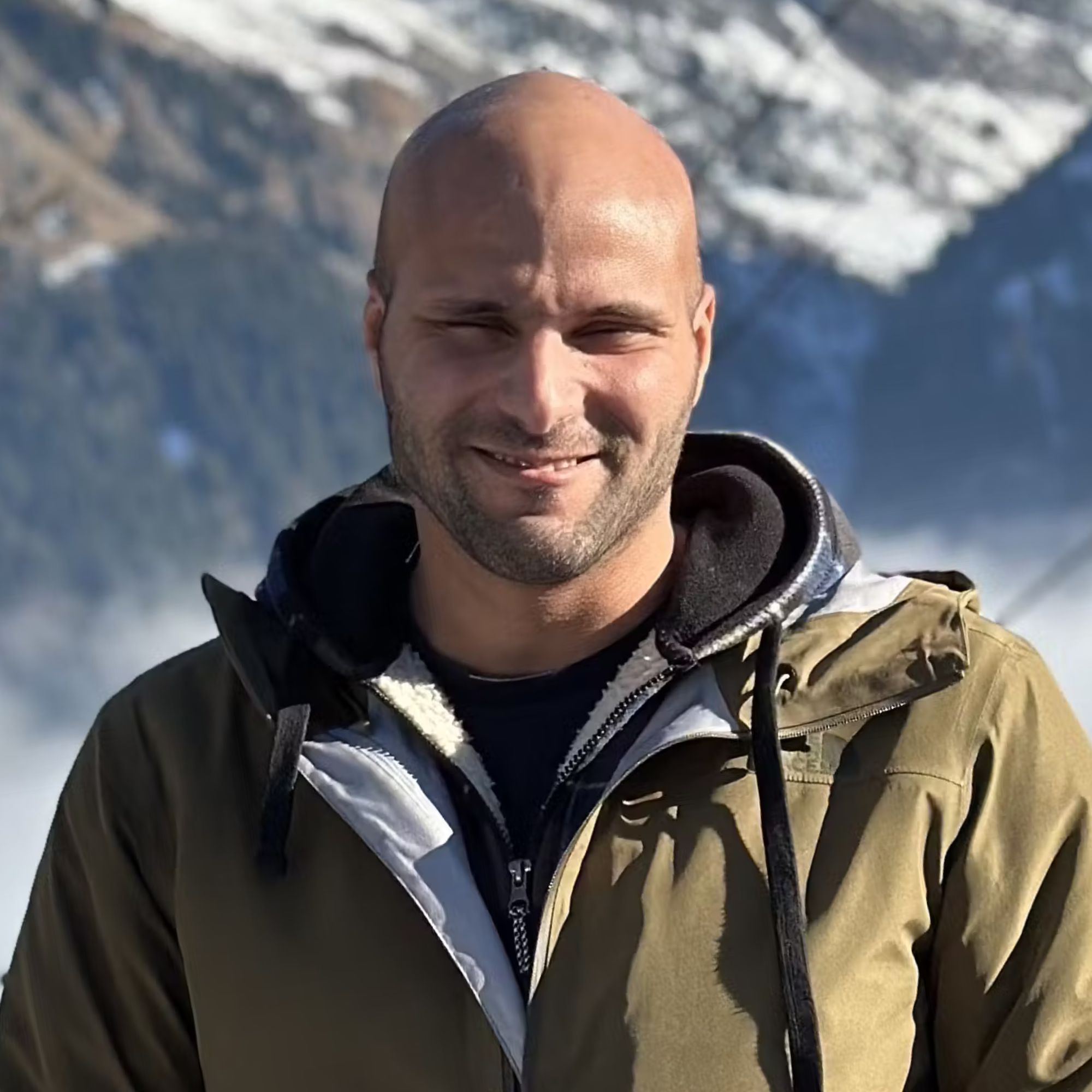
Romaric Philogene
CEO of Qovery
Romaric Philogene, CEO of Qovery: $4 Million Raised to Help You Deploy Your Apps on AWS in Seconds

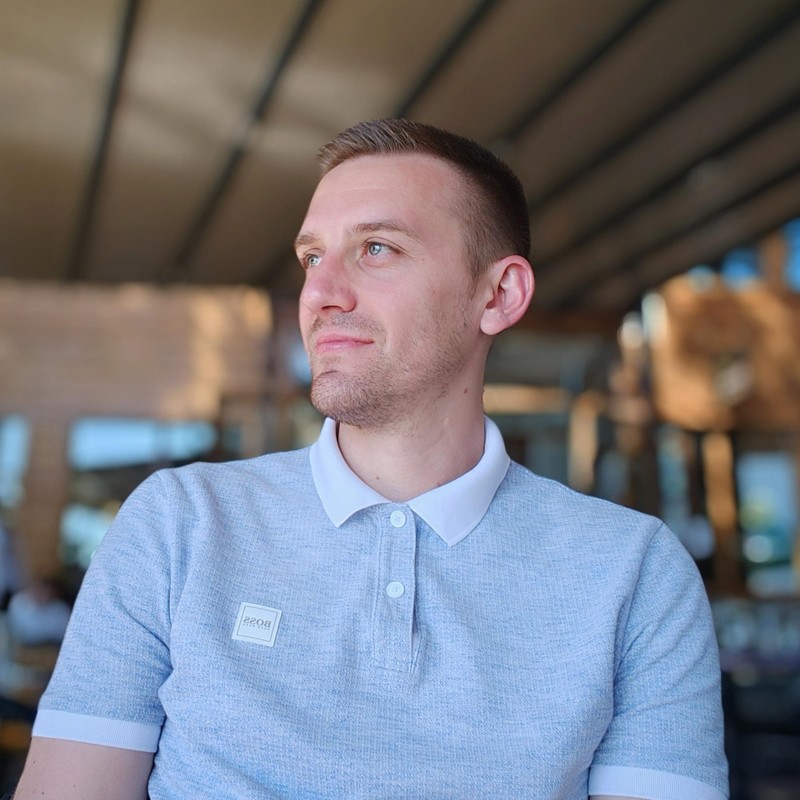
Stoyan Zulyamsky
Co-Founder of Costimize
Stoyan Zulyamsky, Co-Founder of Costimize: $5 Million Raised to Revolutionize Cloud Finance Management

Jacob Moshenko
CEO & Co-Founder of Authzed
Jacob Moshenko, CEO & Co-Founder of Authzed: $15.9 Million Raised to Build the Future of Authorization Infrastructure


John Li
CEO and Co-Founder of Vimcal
John Li, CEO & Co-Founder of Vimcal: $7 Million Raised to Build the Future of Calendar Productivity

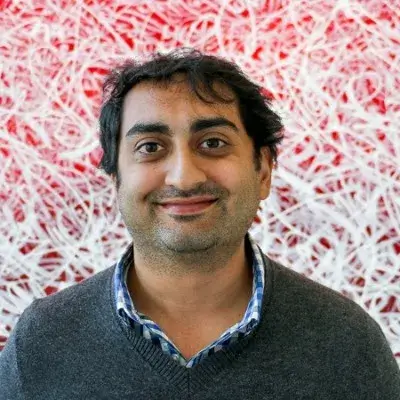
Hersh Tapadia
Co-Founder & CEO of Allstacks
Hersh Tapadia, CEO of Allstacks: $16 Million Raised to Build the Value Stream Intelligence Category


Sophie Novati
CEO and Founder of Formation
Sophie Novati, CEO and Founder of Formation: $9 Million Raised to Build a Virtual Fellowship Program for Software Engineers


Tim Kraska
Co-Founder of Einblick
Tim Kraska, Co-Founder of Einblick: $6M Raised to Build the Visual Data Computing Category


Ori Keren
CEO and Co-Founder of LinearB
Ori Keren, CEO and Co-Founder of LinearB: Over $70 Million Raised to Build the Future of Software Delivery Management


Derric Gilling
Co-founder & CEO of Moesif
Derric Gilling, CEO of Moesif: $15 Million Raised to Build the Future of API Analytics

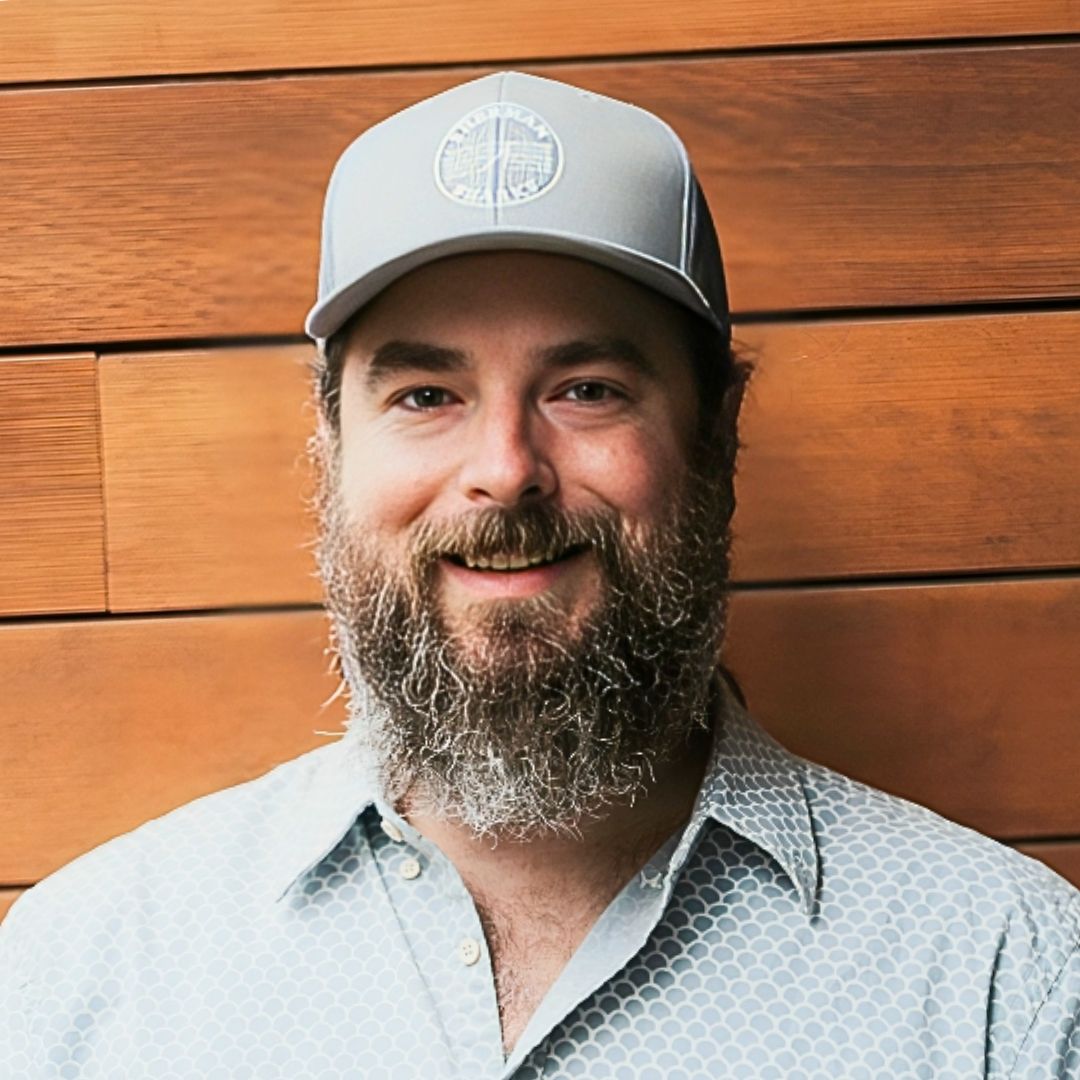
Mike Malone
CEO and Founder of Smallstep
Mike Malone, CEO and Founder of Smallstep: $26 Million Raised to Build the Future of Certificate Lifecycle Management For DevOps

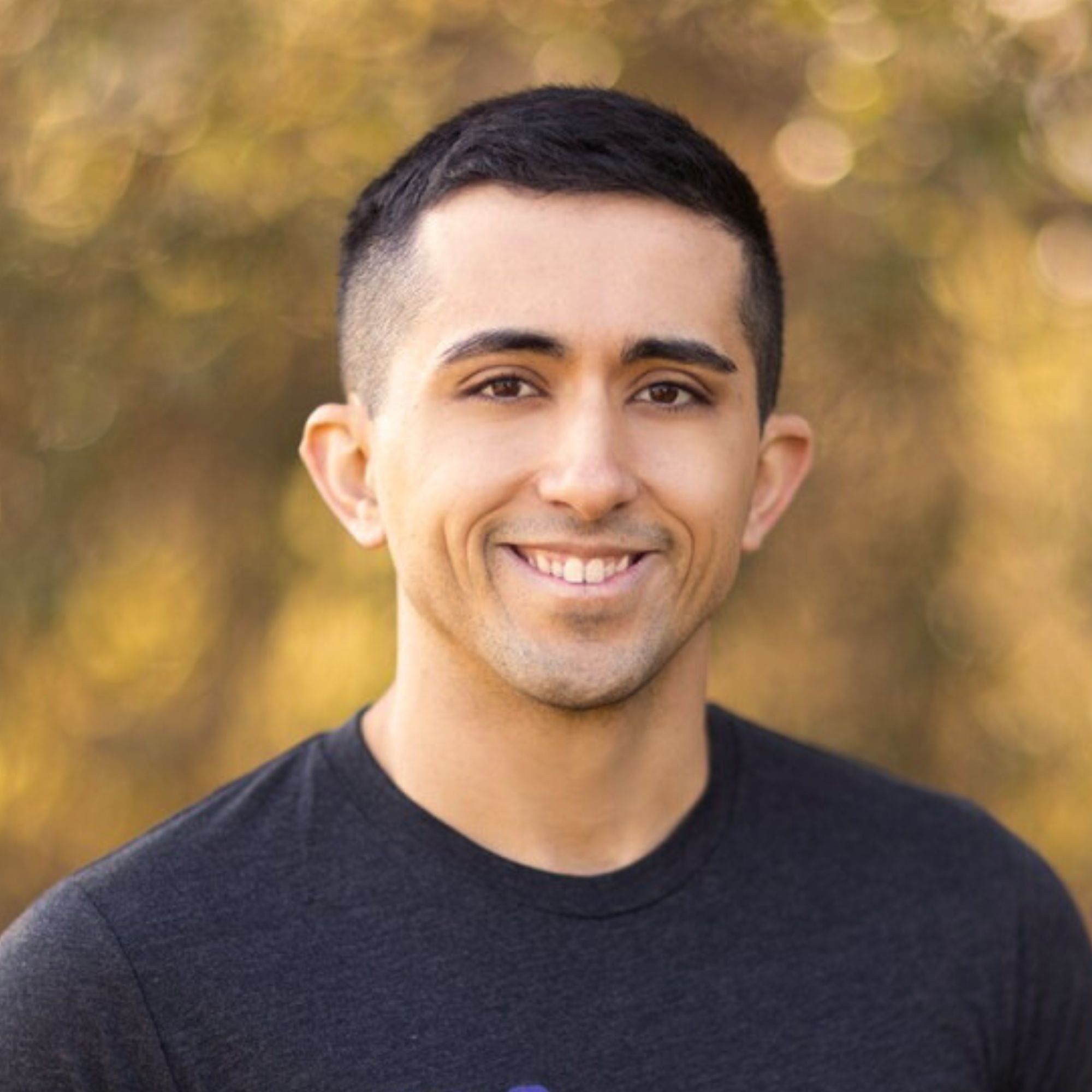
Ron Efroni
CEO and Co-Founder of Flox
Ron Efroni, CEO & Co-Founder of Flox: $28 Million Raised to Empower Developers with Reproducible Environments That Span the Enterprise SDLC